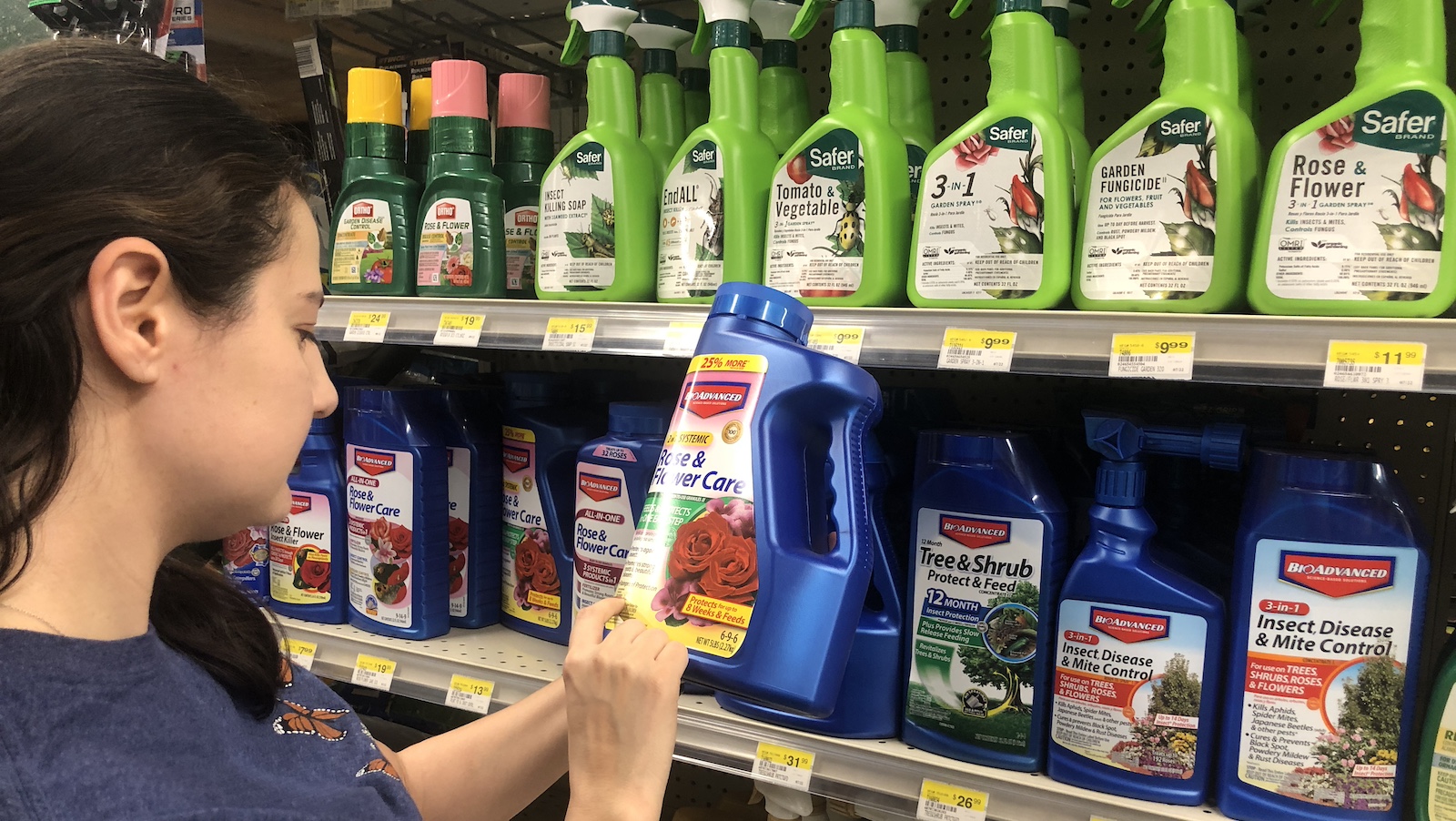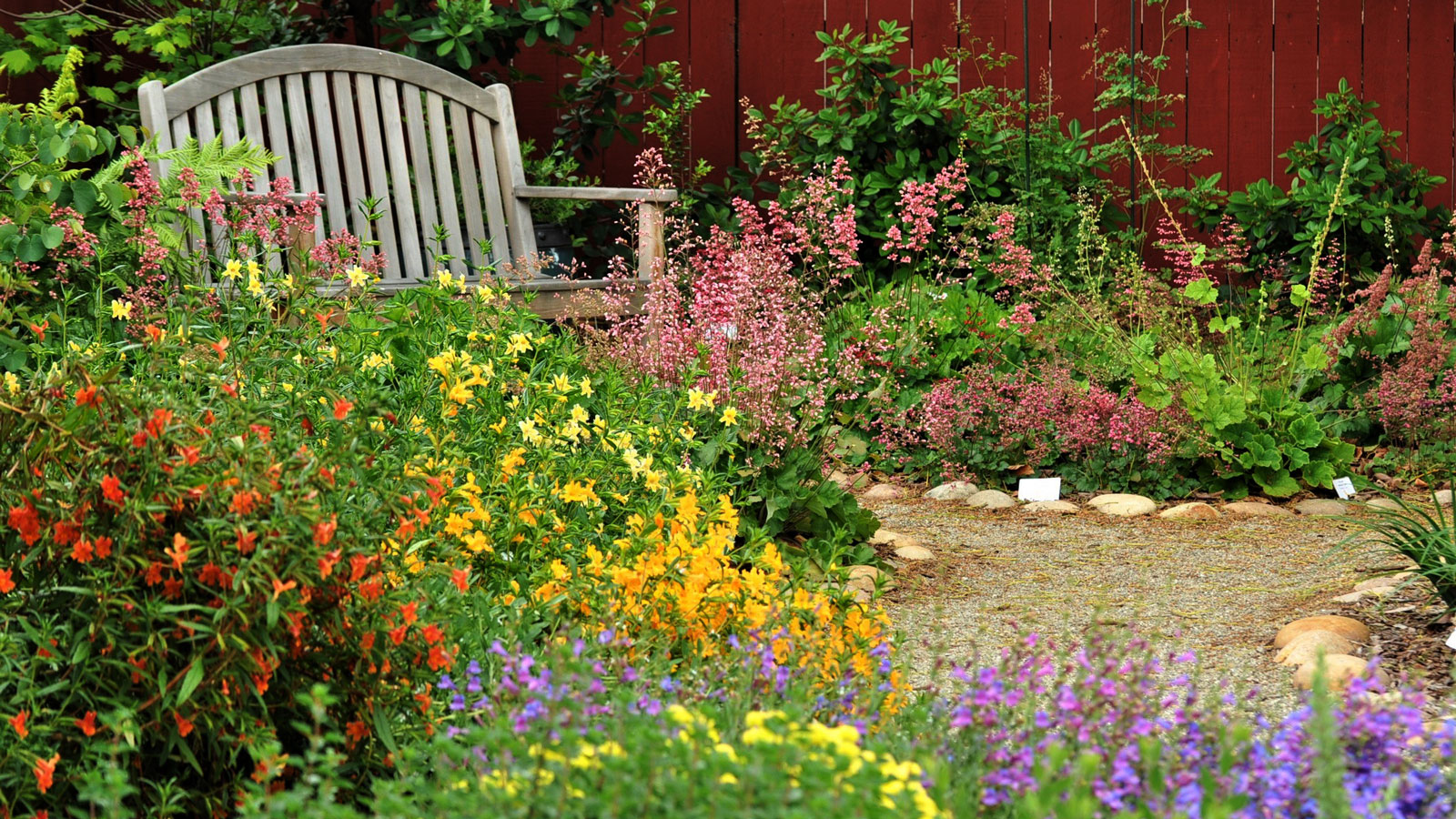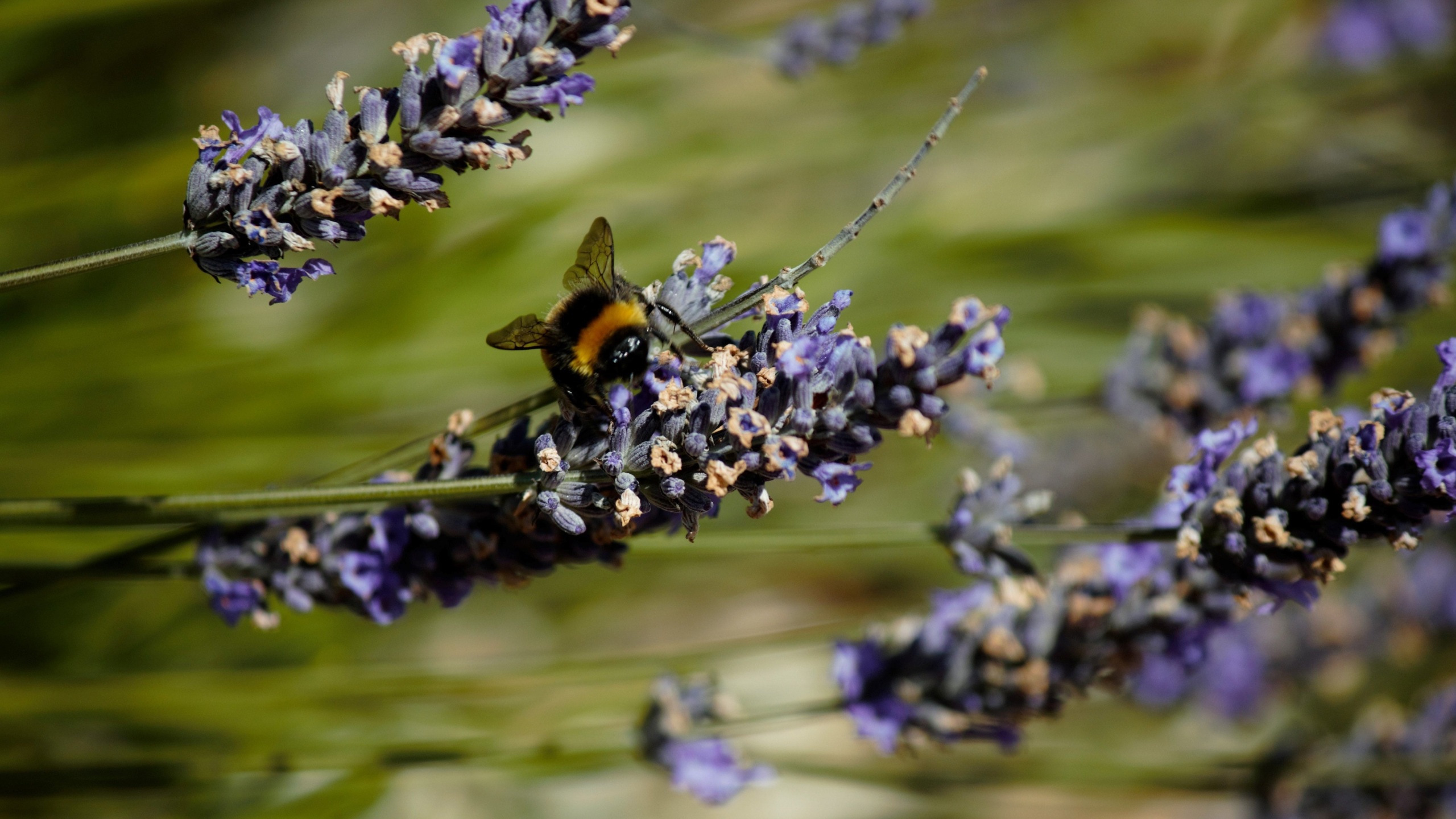
What bee-friendly flowers should I plant in my garden in Colorado?
We spoke with local garden shop owners to get recommendations for bee-friendly flowers and ways to avoid using pesticides to keep your gardens healthy. We also highlighted a new law that will limit bee-killing neonics in Colorado starting in July.
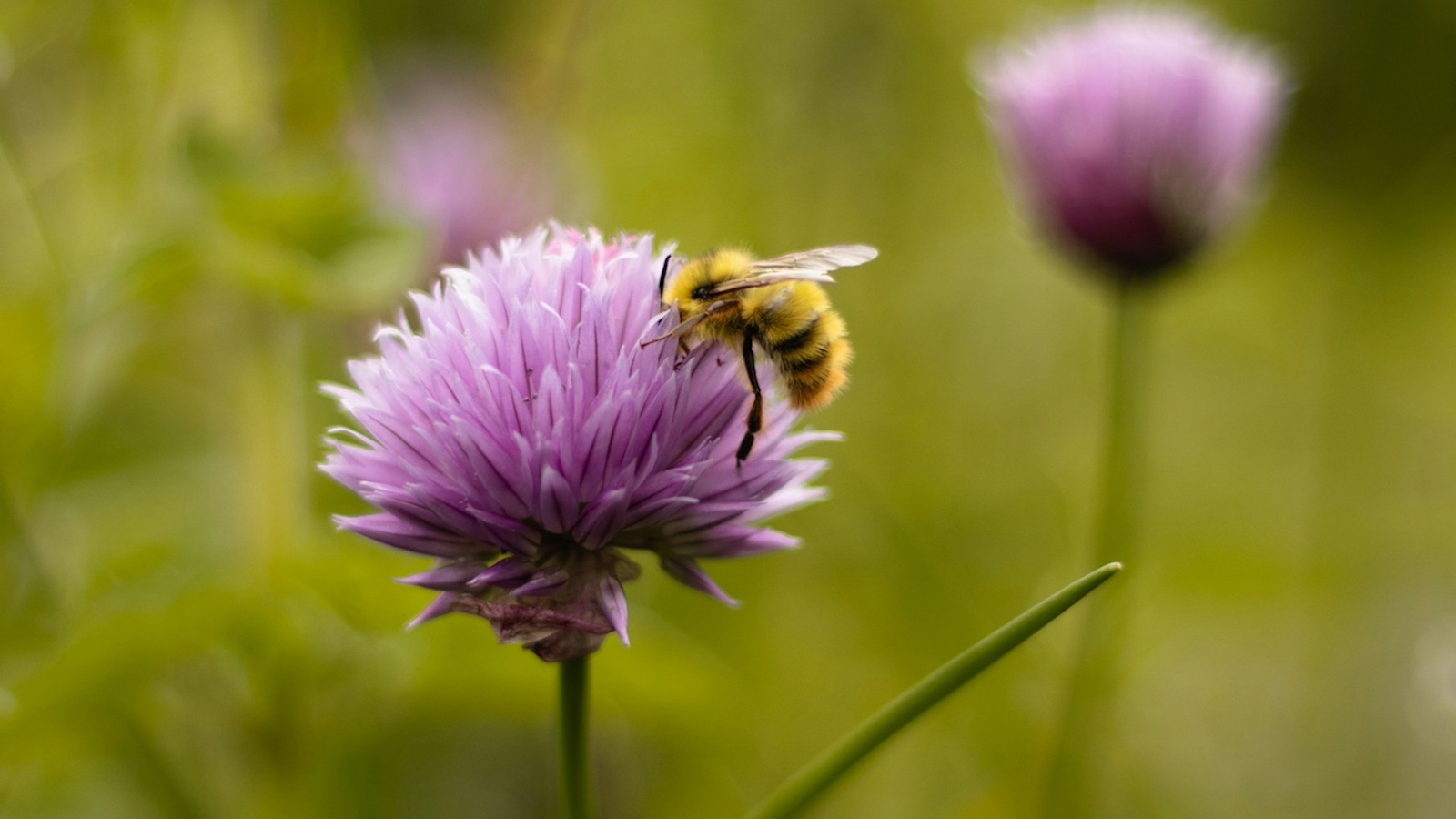
It’s gardening season, so I organized a webinar with garden shop owners Brad Kuhn from Finding Nectar and Caitlin McDonough from Soco Organics to talk about different bee-friendly plants we can add to our Colorado gardens this spring.
But I learned so much more. Did you know:
- Sugar water with a one-to-one ratio is great for feeding bees, especially in the winter
- Beans, tomatoes and lots of bee-friendly different herbs are great for smaller pots or containers if you don’t have outdoor yards.
- Bugs eating your plants is a sign of a healthy ecosystem (though there are healthy ways to ensure they don’t eat everything!)
- Plant purple flowers – bees can see these best
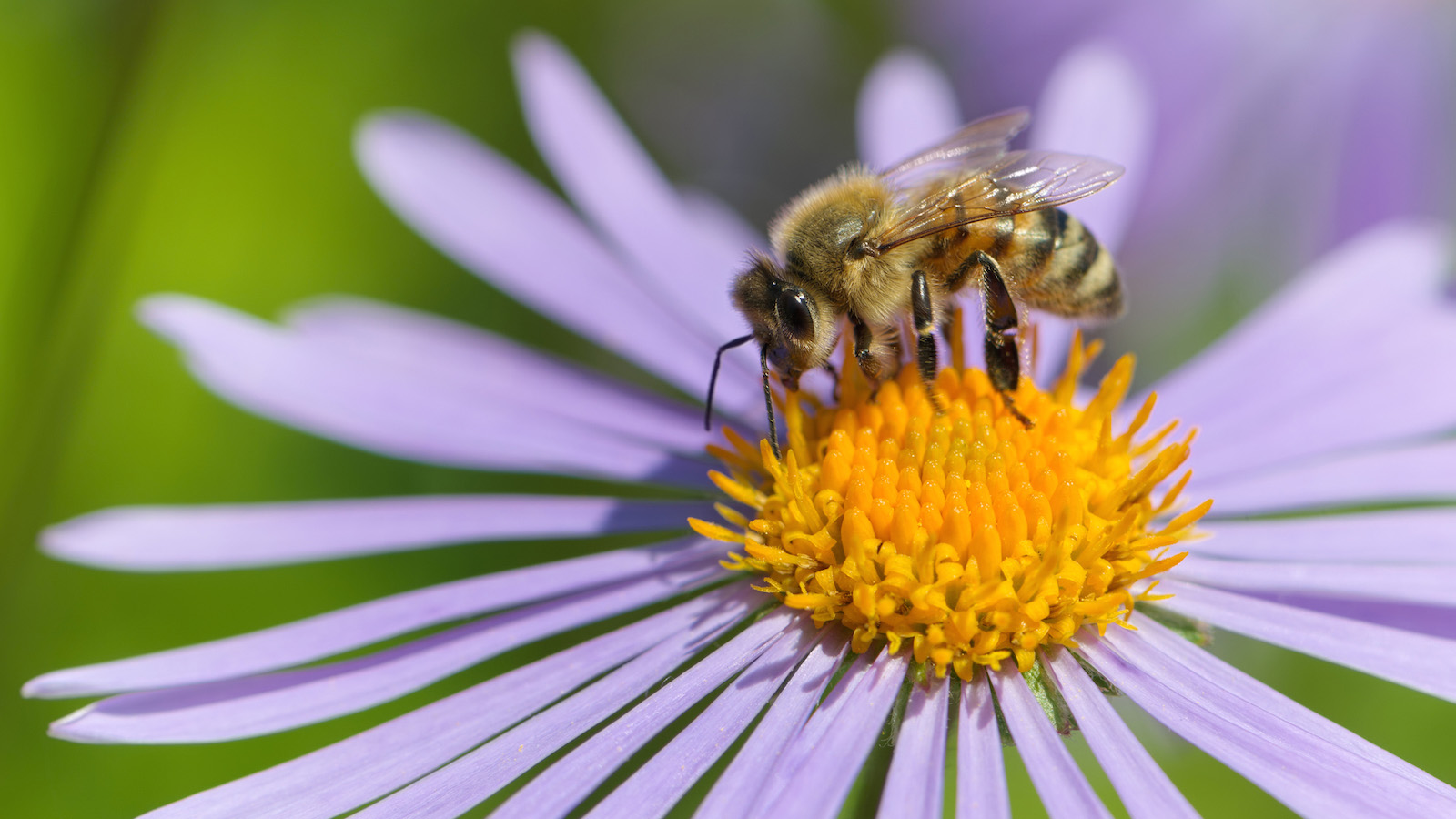
You can watch the full webinar or read below for the many tips that came up.
Why do we need to plant bee-friendly flowers and vegetables?
We rely a lot on bees.
Bees are crucial for our ecosystems and food systems. They are responsible for one in every three bites of food we eat including apples, almonds, avocados, blueberries, coffee, potatoes, pumpkins, tomatoes.
Even famous Colorado products like palisade peaches and rocky ford melons are pollinated by bees.
And we’ve got a lot of them. Colorado is home to 946 native bee species
Why are bee populations declining?
We need bees, but their populations are shrinking. Studies have found the western bumble bee has declined 72% in parts of our state.
This bee decline can be attributed to several factors, including pesticide use, global climate change, and loss of habitat.
Backyard gardens are extremely important in the effort to save these bees because they can create diverse habitats and food sources for pollinators – bees don’t like monoculture areas.
Every community matters and even downtown Denver has at least 150 different bee species, so what you plant matters.Brad Kuhn
Finding Nectar
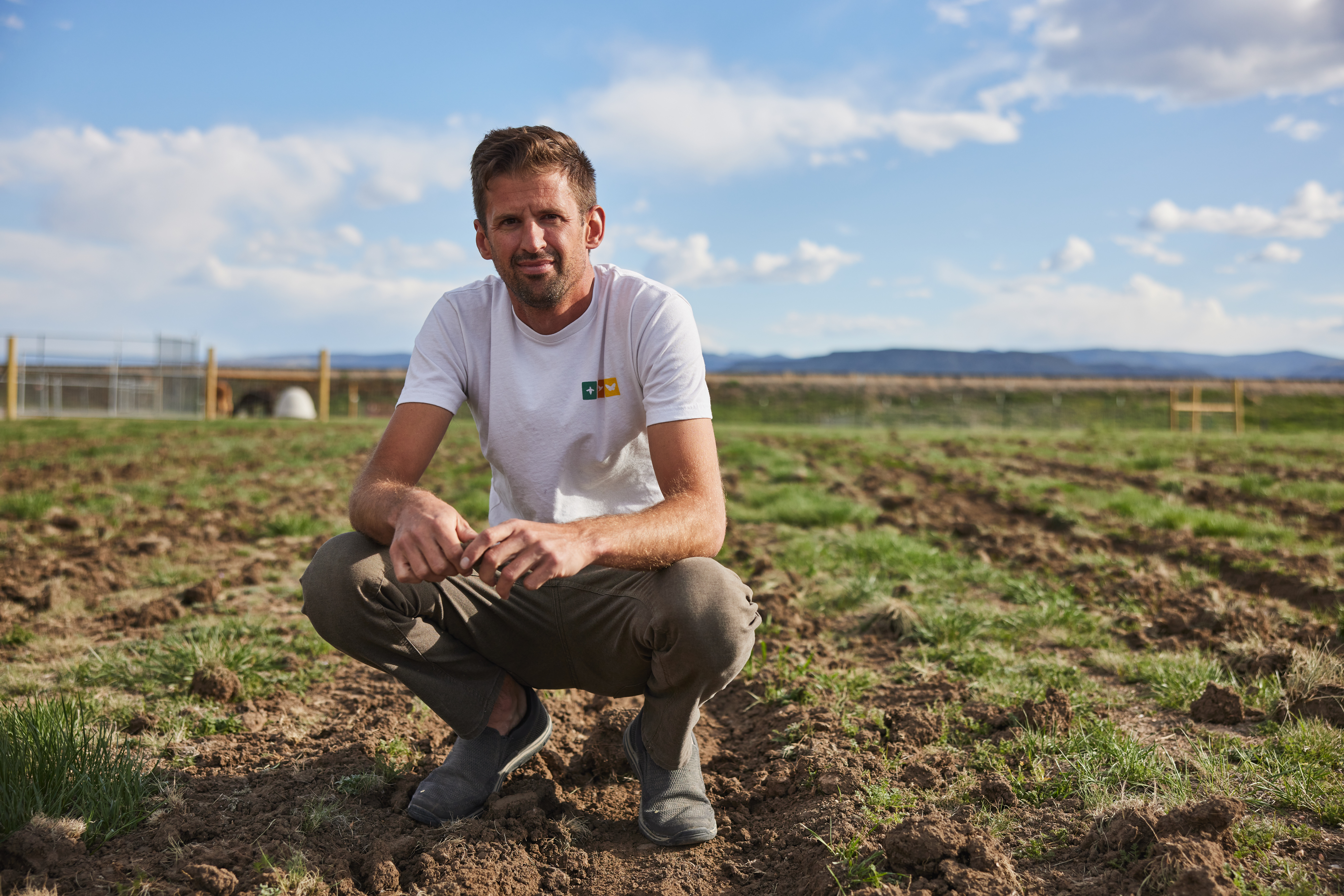
Avoid pesticides like neonics
We also should look for pesticide-free plants and limit the pesticides we apply on our plants.
One critical pesticide we need to avoid – neonics.
Neonics, or neonicotinoids, are one of the most harmful pesticides that affect pollinators. Neonics are:
- 1,000 times more toxic to bees than DDT
- Small doses can cause immune deficiencies and disorientation, making it hard for bees to forage, and fly
The good news – this July, a bill is going into effect that will remove neonics from retail stores, where most of us buy our plants. This should reduce the amount of neonics used in our urban gardens, which is hugely beneficial for bees because our urban gardens are increasingly home to some great, diverse bee and pollinator habitat.
What are bee-friendly plants I should plant in Colorado?
We’ve got you covered.
Our panelists work at plant shops in Denver, CO and Pueblo, CO. When it comes to supporting bees and other pollinators, they recommend the following pollinator-friendly plants.
- Herbs including lavender, hyssop, chives, purple basil, mint, sage and thyme
- Berries including raspberries and blackberries
- Fruit trees like peaches, pears, apples and cherries
- Vegetables like cucumbers, beans and tomatoes
Here’s a hint: don’t cut the flowers off of your mint plants, the bees love these
Bee-friendly plants our experts recommended:
Goldenrod (solidago)
- Native to Colorado
- Early-blooming
- Drought resistant
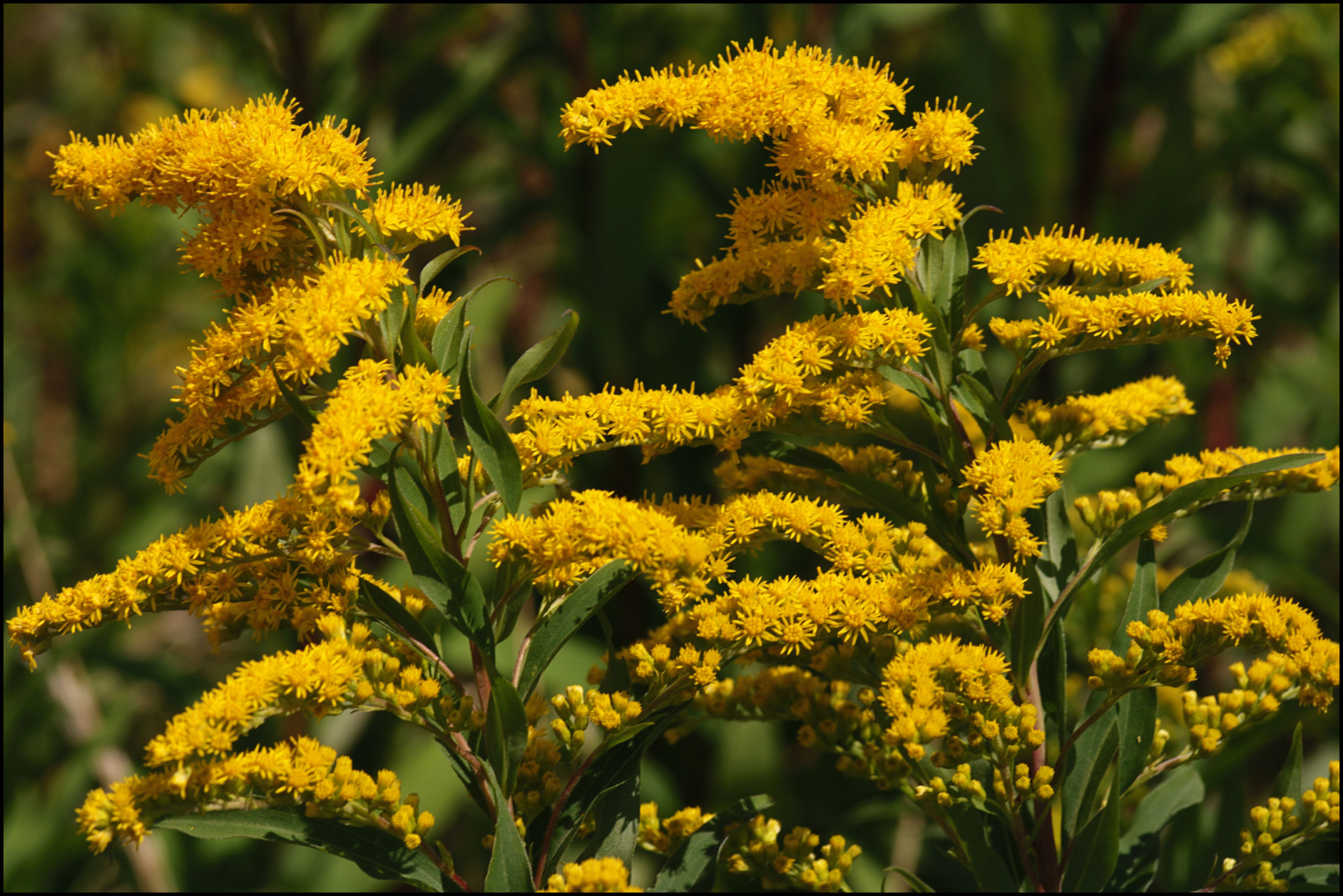
Goldenrod (Solidago canadensis)Photo by Steve Chilton | CC-BY-2.0
Hyssop (Agastache foeniculum)
- Easy to grow in cold weather and high altitude
- Bright, scented flowers
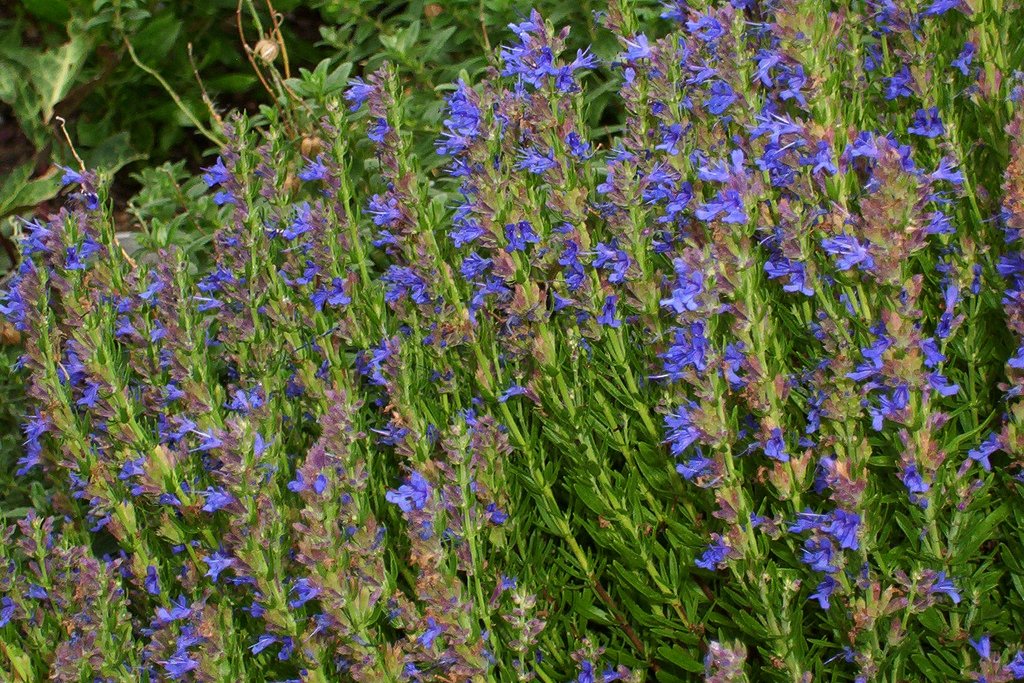
Hyssop (Agastache foeniculum)Photo by Peganum | CC-BY-SA-2.0
Moonbeam (Coreopsis verticillata)
- Likes regular moisture
- Long-blooming from early to late summer
- Resistant to rabbits and deer
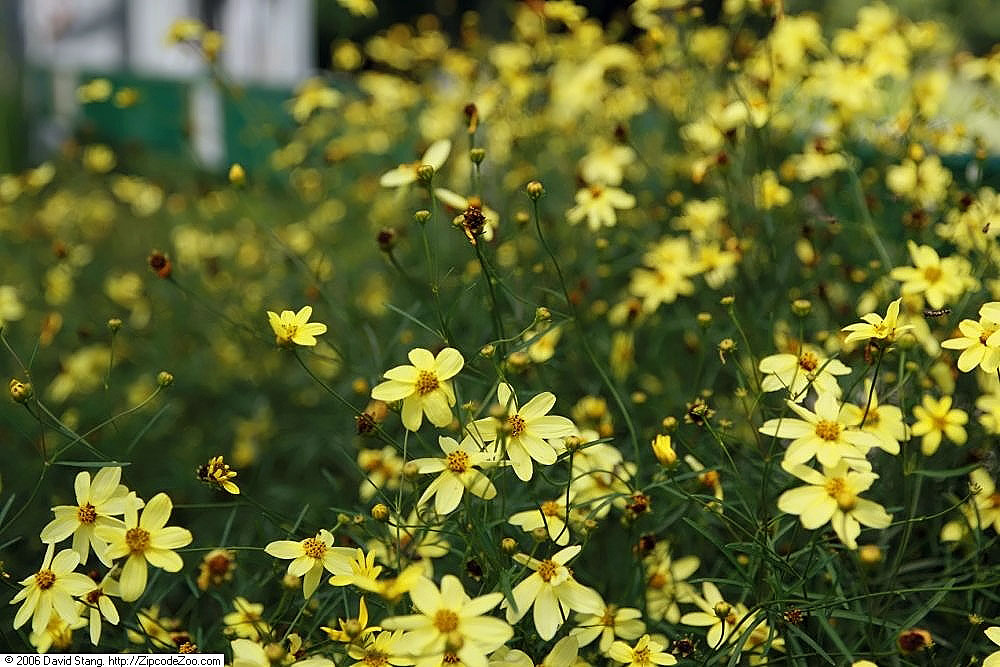
Moonbeam (Coreopsis verticillata)Photo by David Stang | CC-BY-2.0
Practice companion planting
Both panelists talked about this method of planting different plants close to one another. Companion planting can help:
- Create natural pest control by attracting predatory insects
- Bees pollinating your plants will yield bigger fruits, in turn, the bees will benefit from the pollination
We need to change our mentality of what is beautiful in nature because a perfectly manicured garden won’t facilitate pollinators.Caitlin McDonough
Soco Organics
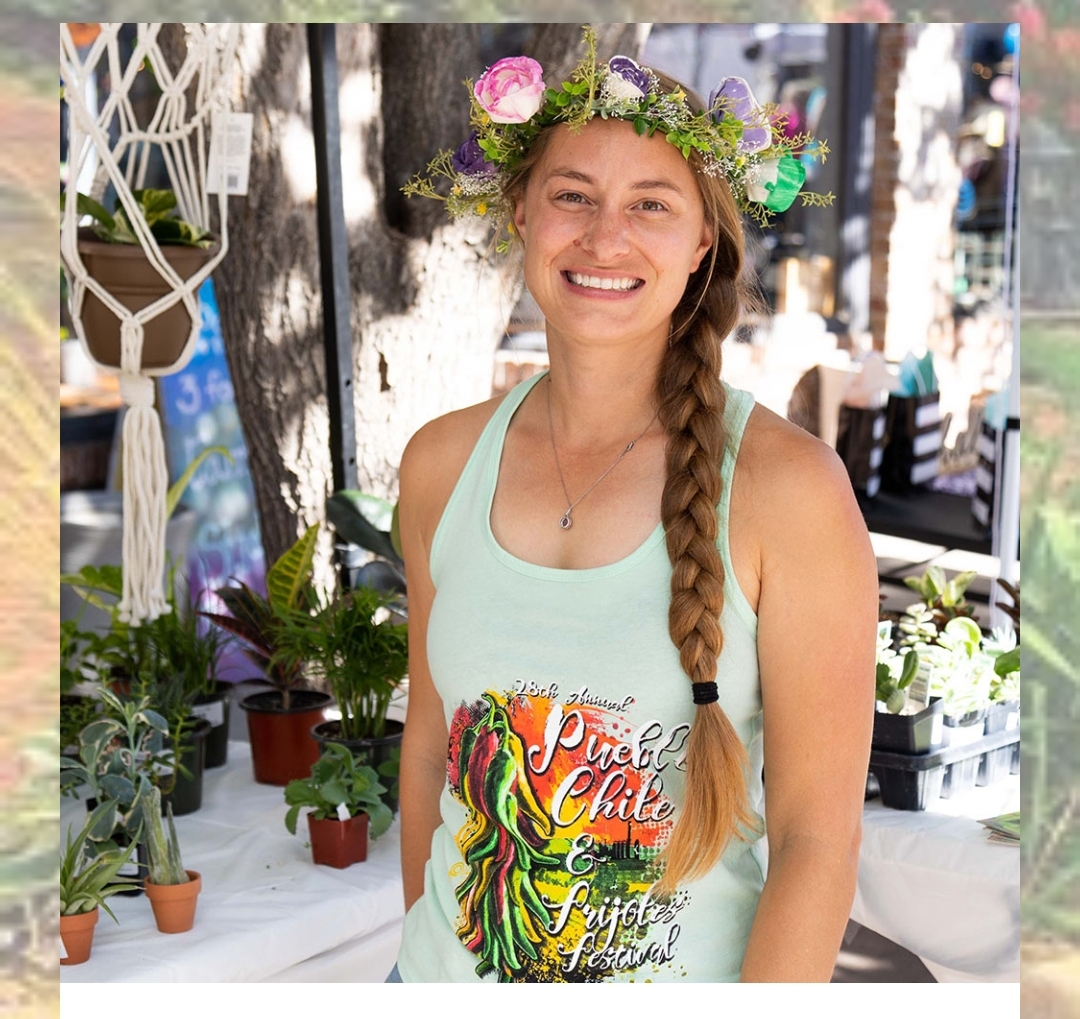
Alternatives to using pesticides on your home garden
Our panelists emphasized beneficial bugs are a natural, easy option for defending against harmful bugs in our gardens.
To protect your bee-friendly plants, try these alternative methods to pesticides:
- Fight bugs off with other bugs – For example, ladybugs and praying mantises protect the foliage of plants
- Overplanting – give bugs other plants to eat and they will leave yours alone
- Sulfur – “Sulfur is a beneficial nutrient to your plants, while also being toxic to other bugs like mites,” said McDonough.
- Molasses – adding molasses to your fertilizer is also good non-pesticide way to deter aphids
- Essential oils – Planting essential oils like lavender, rosemary, and mint smell great to humans but deter bugs
One thing our panelists explained that stuck with me – take into account all of the ways plants work together:
- If I plant more marigolds,
- they will attract more ladybugs,
- the ladybugs will defend my plants from harmful bugs,
- and my protected plants will be able to flower and attract bees.
Looking for pollinator kits?
If you’re looking for an easy way to start your garden, we have pollinator garden kits for sale on our website here.
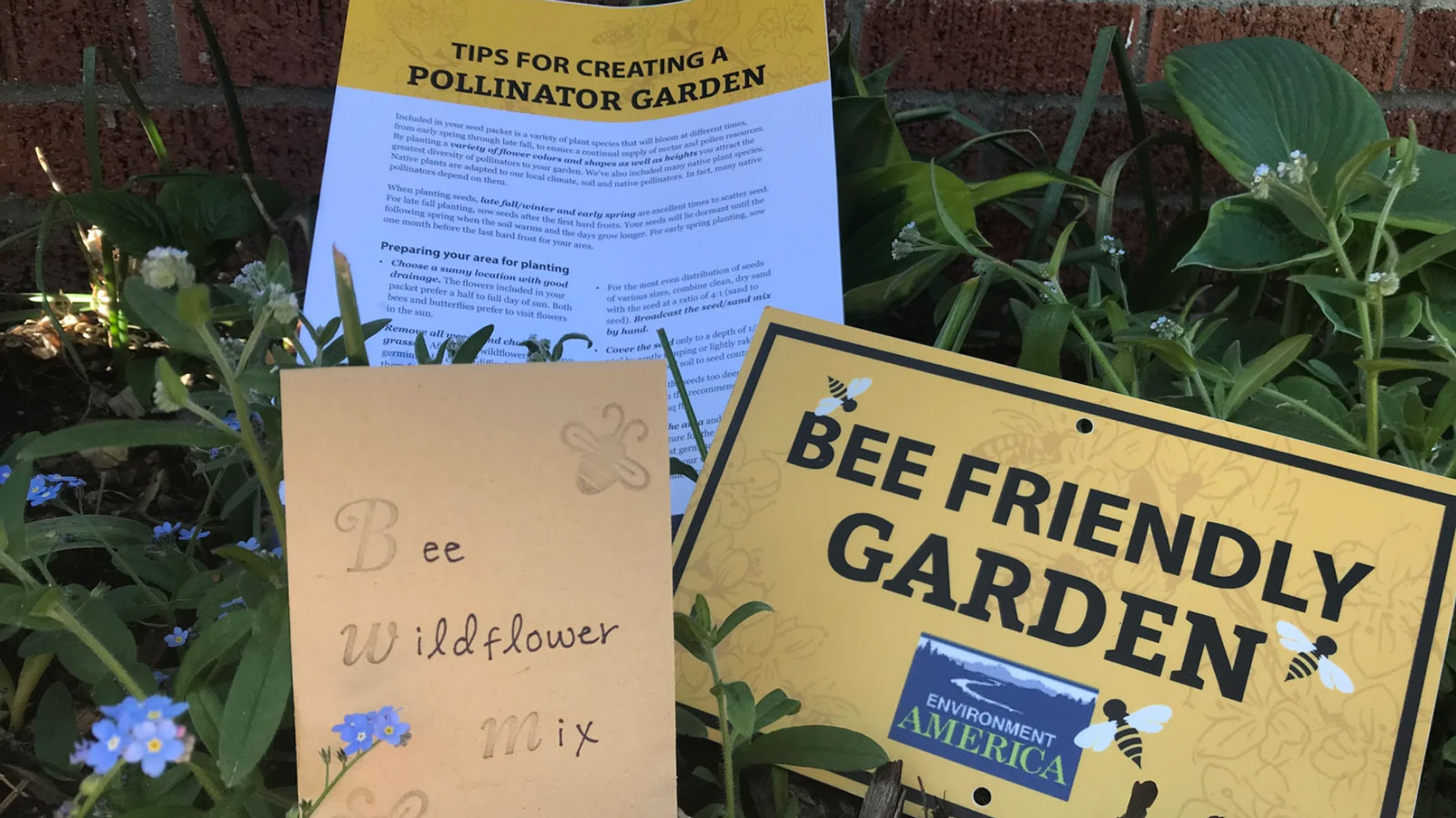
Photo by Staff | TPIN
Topics
Authors
Sara Fraser
Campaign Associate, Environment Colorado
Sara directs Environment Colorado campaigns to protect our environment and clean our air. She works to protect and preserve the diverse species and habitats found in Colorado in addition to reducing waste and pollution. Sara recently moved to Denver, where she has loved skiing the nearby mountains and trying new restaurants.
Find Out More
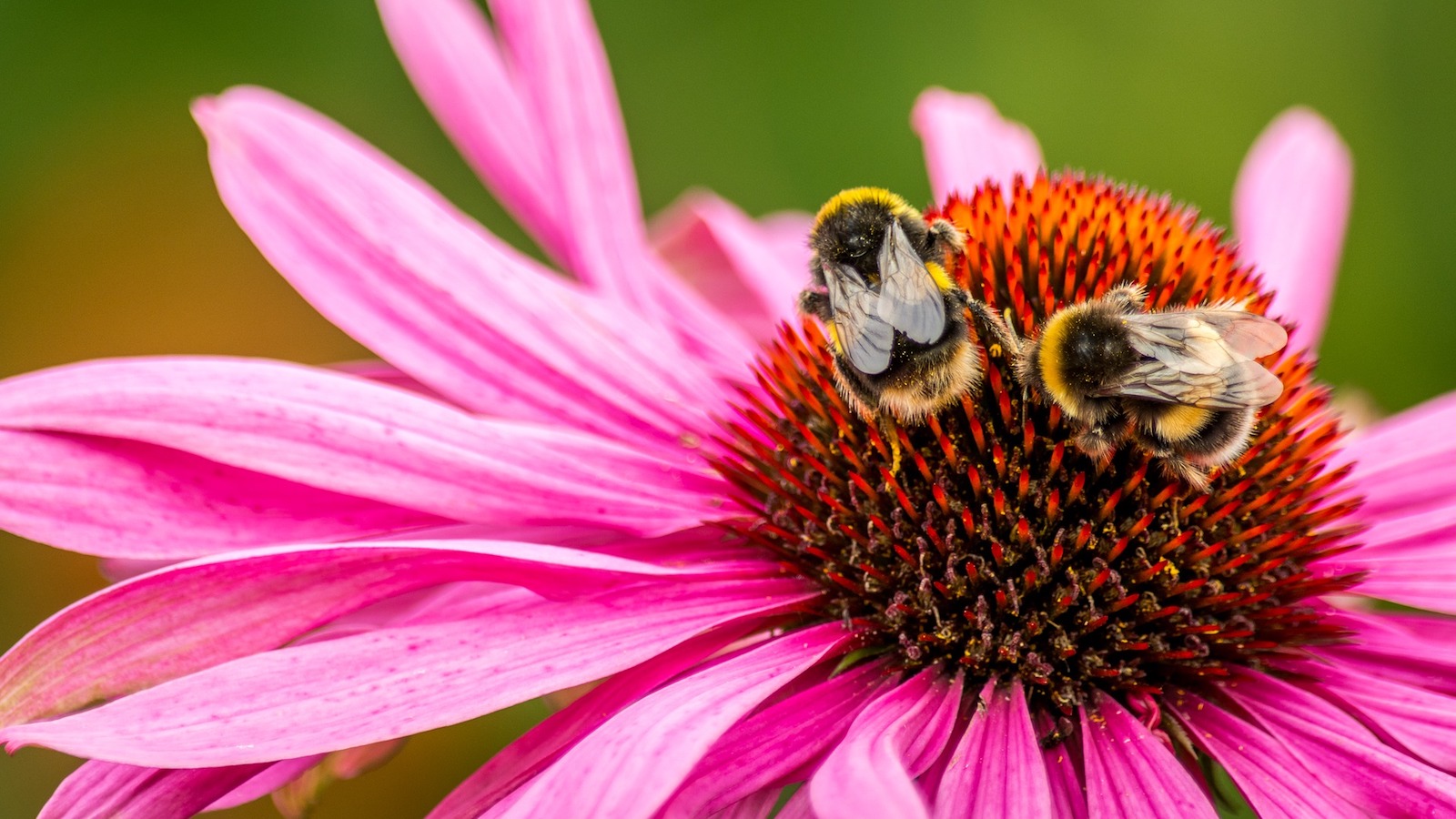
3 ways neonic pesticides are harming bees
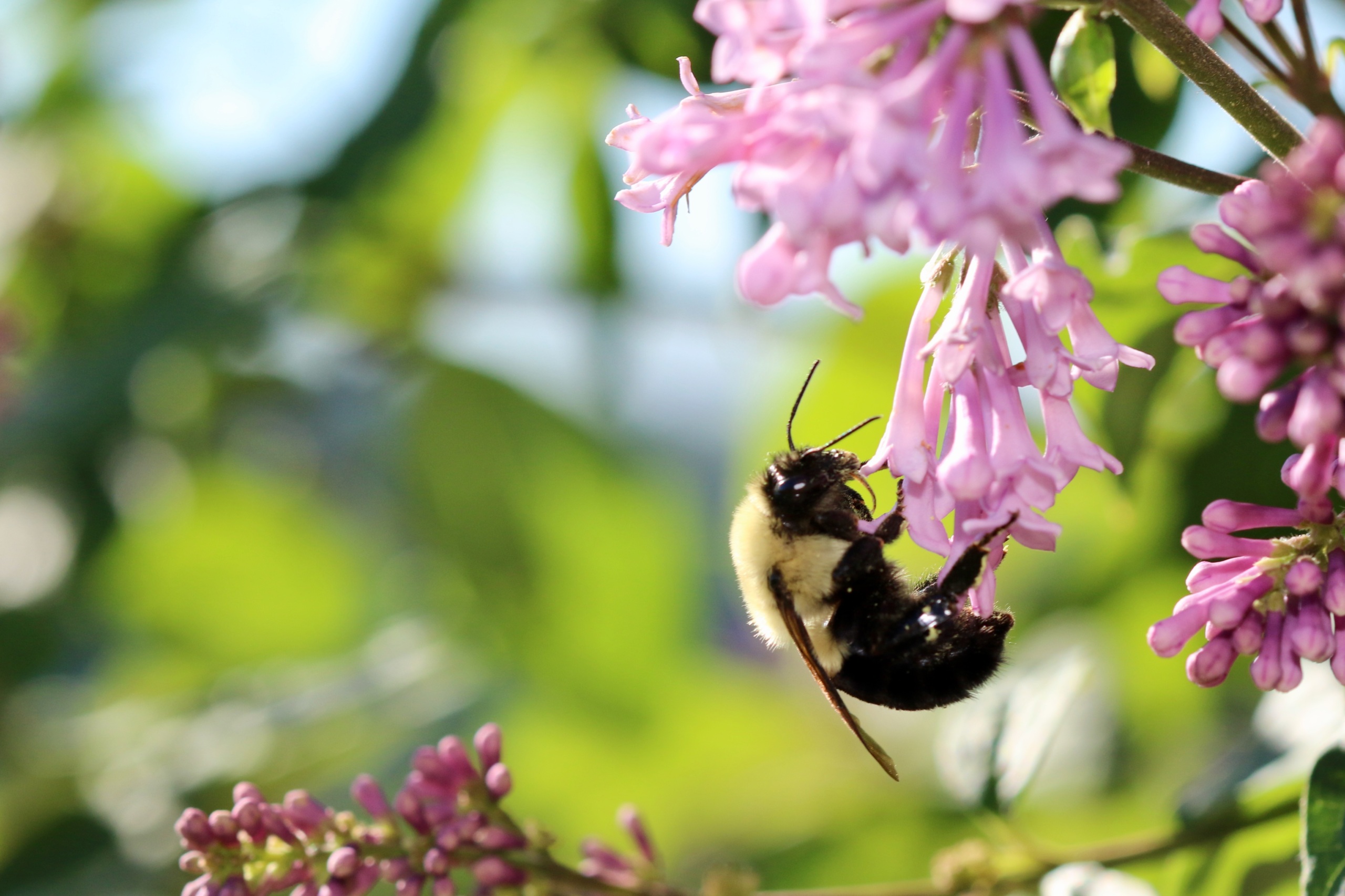
Why we should save the bees, especially the wild bees who need our help most

Are bees and insects animals? A Colorado bill says yes and should be included in conservation efforts
